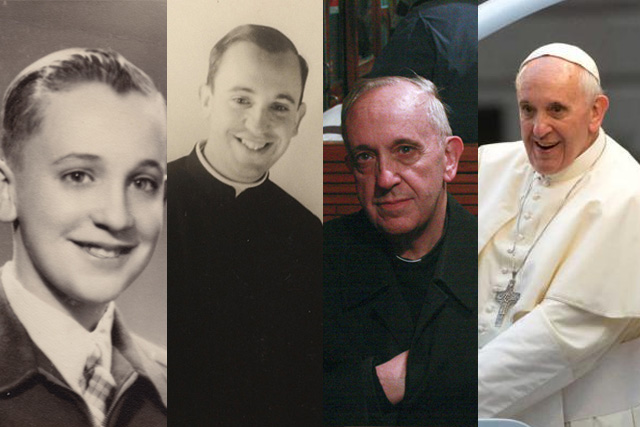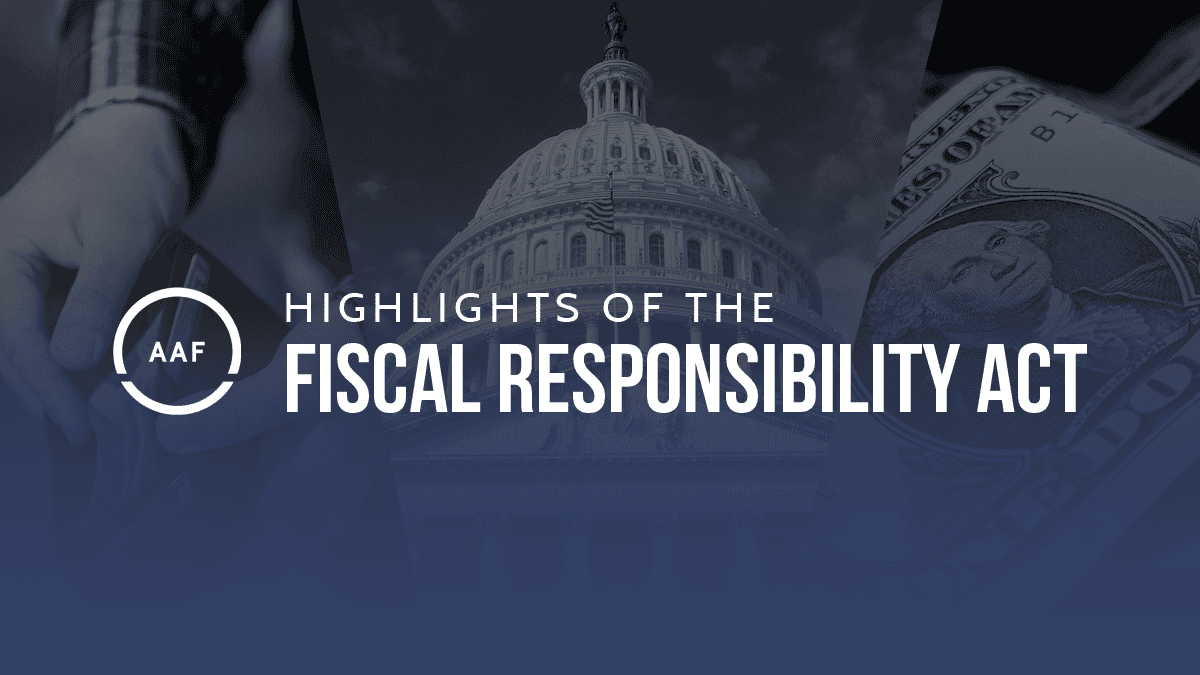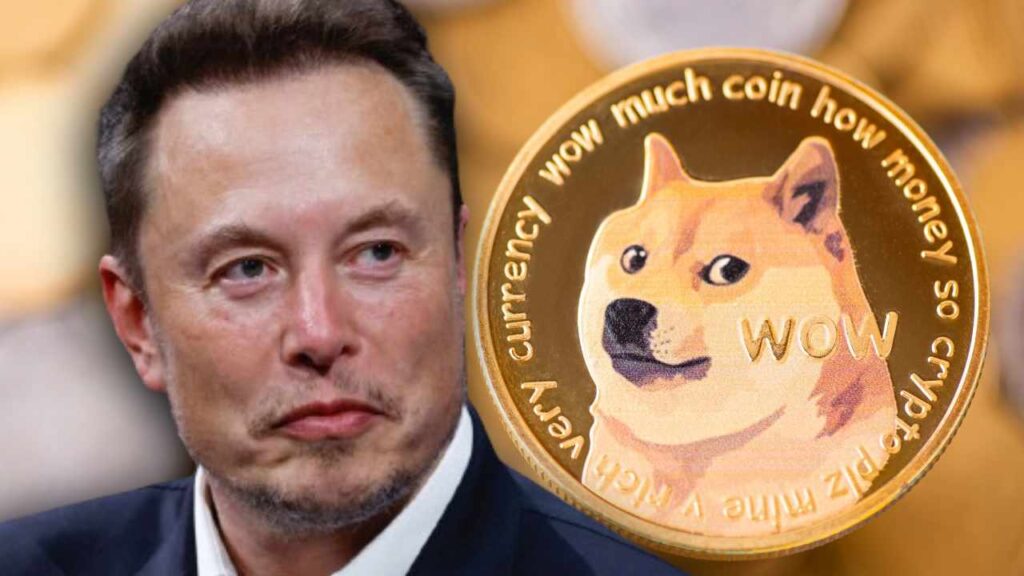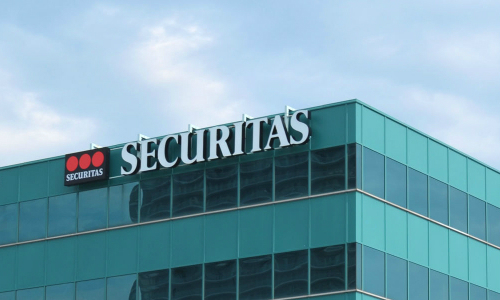A More Global, More Divided Church: Pope Francis' Papacy

Table of Contents
Pope Francis' Efforts Towards a More Global Church
Pope Francis has actively pursued a vision of a more inclusive and globally engaged Catholic Church. This involves significant initiatives across various fronts.
Emphasis on Interfaith Dialogue and Ecumenism
Pope Francis has championed interfaith dialogue and ecumenism with remarkable vigor. His actions speak volumes:
- Visits to Religious Leaders: His meetings with leaders of various faiths, including imams, rabbis, and Buddhist monks, have fostered unprecedented levels of communication and understanding.
- Joint Declarations: Collaborative statements on shared values and concerns, such as peace and social justice, signal a commitment to building bridges across religious divides.
- Promoting Understanding: The emphasis on shared humanity and the pursuit of common goals has promoted a global understanding of the interconnectedness of all people.
However, not all within the Church embrace this approach. Some traditionalists express concern about compromising core Catholic doctrines in the pursuit of interfaith harmony. These concerns highlight the delicate balance between outreach and maintaining theological integrity within the Church.
Focus on Social Justice and the Poor
A cornerstone of Pope Francis' papacy is his unwavering focus on social justice and the plight of the poor. This commitment is evident in:
- Encyclical Laudato Si': This influential document addressed environmental degradation and its impact on the poor, sparking global conversations on sustainability.
- Focus on Inequality: He consistently speaks out against economic inequality, advocating for fairer distribution of wealth and resources.
- Emphasis on Migrant Rights: Pope Francis has been a vocal advocate for the rights and dignity of migrants and refugees worldwide.
This emphasis on social justice has expanded the Church's appeal to a global audience concerned with these issues. However, this stance has also faced internal resistance from those who prioritize traditional theological concerns over social activism. Differing interpretations of Catholic social teaching continue to fuel internal debates.
Missionary Activity and Evangelization in the Global South
Pope Francis has placed a significant emphasis on missionary activity and evangelization, particularly in the Global South:
- Increased Missionary Efforts: The Pope has encouraged increased missionary work in Africa, Asia, and Latin America.
- Focus on Local Cultures: There is a conscious effort to adapt missionary approaches to local cultures and contexts.
- Growing Church in the Global South: This shift reflects the changing demographics of the Catholic Church, with a growing proportion of Catholics residing in developing nations.
This renewed focus on the Global South holds significant implications for the future balance of power and influence within the Catholic Church. While expanding the Church's reach, the challenges of poverty, political instability, and cultural differences pose significant obstacles.
Growing Divisions Within the Church During Pope Francis' Papacy
Despite the efforts towards globalization, Pope Francis' papacy has also been marked by increasing internal divisions.
Controversies Surrounding Doctrinal Issues
Several doctrinal controversies have emerged and intensified during Pope Francis’ tenure:
- Communion for the Divorced and Remarried: The debate surrounding access to communion for those divorced and remarried has exposed deep divisions on sacramental theology.
- Views on Homosexuality: The Pope's pastoral approach to LGBTQ+ individuals has drawn criticism from conservative factions.
- Traditionalist Resistance: These controversies highlight a broader clash between progressive and traditionalist interpretations of Catholic teachings.
These debates expose fundamental differences in theological understanding and interpretations of Church doctrine, impacting Church unity and creating significant internal tension.
Resistance to Reform Efforts
Significant resistance to Pope Francis' reform efforts has emerged from conservative elements within the Church:
- Opposition to liturgical changes: Attempts to modernize liturgical practices have met with resistance.
- Concerns about synodality: The process of greater synodality, aiming for increased participation of laity and clergy in decision-making, has also faced opposition from those who favor a more centralized, hierarchical structure.
- Challenges to Papal Authority: This resistance challenges not only specific reforms but the Pope's overall authority and direction.
This resistance raises concerns about the potential for deeper schisms and divisions within the Church in the years to come.
Differing Interpretations of Papal Authority
Disagreements exist concerning the extent of the Pope's authority:
- Centralized vs. Decentralized Governance: Debates about the appropriate balance between centralized papal authority and the autonomy of local churches and bishops continue.
- Role of Bishops and Cardinals: Differing interpretations of the role and responsibilities of bishops and cardinals in relation to the Pope contribute to internal conflict.
- Impact on Decision-Making: This disagreement significantly impacts the Church's ability to address challenges effectively and maintain a unified front.
A More Global, More Divided Church: Reflecting on Pope Francis' Legacy
Pope Francis' papacy represents a complex legacy. His efforts to create a more globalized and socially engaged Church have been accompanied by—and perhaps even exacerbated—significant internal divisions on doctrinal, social, and political matters. The tension between globalization and fragmentation is a defining characteristic of this era in Church history. How will the Church navigate these complexities in the years to come under Pope Francis' leadership and beyond? Further research into the specific challenges and triumphs within Pope Francis' papacy is crucial for understanding the future of the Catholic Church.

Featured Posts
-
 Canadas Economic Outlook The Importance Of Fiscal Responsibility Under Liberal Leadership
Apr 24, 2025
Canadas Economic Outlook The Importance Of Fiscal Responsibility Under Liberal Leadership
Apr 24, 2025 -
 Tesla And Space X Under Epa Scrutiny The Rise Of Elon Musk And Dogecoin
Apr 24, 2025
Tesla And Space X Under Epa Scrutiny The Rise Of Elon Musk And Dogecoin
Apr 24, 2025 -
 The Bold And The Beautiful Thursday April 3 Recap Key Plot Points And Character Developments
Apr 24, 2025
The Bold And The Beautiful Thursday April 3 Recap Key Plot Points And Character Developments
Apr 24, 2025 -
 Covid 19 Pandemic Lab Owners Guilty Plea For Fake Test Results
Apr 24, 2025
Covid 19 Pandemic Lab Owners Guilty Plea For Fake Test Results
Apr 24, 2025 -
 Teslas Q1 Financial Results Political Headwinds And Profitability
Apr 24, 2025
Teslas Q1 Financial Results Political Headwinds And Profitability
Apr 24, 2025
